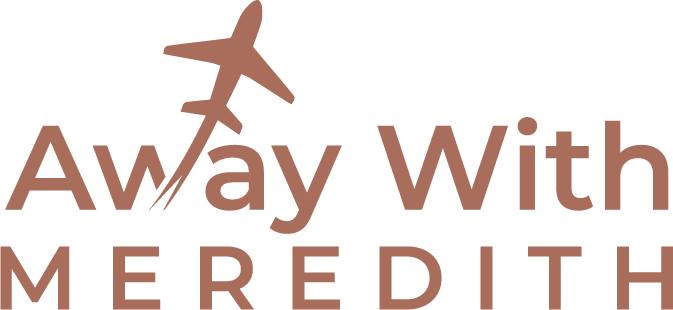This is a broad strokes statement, but most Thai people don't really speak English. That said, tour guides, servers at fancy restaurants, and guest-facing hotel staff speak some English. Beyond that, if you ever need help be sure to ask a teenager for help. Their English might not be the best, but theoretically, they should be learning a bit in school. As for saying hello, say "สวัสดีค่ะ" (sawasdee ka) if you're a woman and "สวัสดีครับ" (sawasdee krap) if you're a man. The change in endings, ka versus krap, is a polite sentence add-on in Thai that's based on the sex of who's speaking.
Being polite is incredibly important in Thai culture, so if you're learning a few phrases in Thai don't forget to add "ka" or "krap" to the end of your sentence. It's also important to keep in mind that the royal family is (publicly) held in high regard by the Thai people. It's illegal to speak ill of the royal family, even as visitors, or to step on Thai currency which touts the face of the current king. Also be sure to never point your toes at anyone (think restaurants, sitting on a train) as it's considered rude. If you're not sure what to do with your feet then just tuck them in under you. Lastly, always take your shoes off before entering someone's home!
Thailand uses the Thai Baht. The conversion fluctuates a little, but one US dollar is roughly equivalent to 34 Thai Baht. If you're coming from a Western country, odds are your money will stretch pretty far. I can't speak to the use of credit cards in the country, though I imagine resort-style establishments accept them. I always used cash in-country, which is common and often your only option.
Thailand uses many different plug types: Type A, B, C F, and O. This means that the flat two-pin plugs used in the US as well as the round two-pin plugs used in Europe can be found throughout the country. That said, after living in Thailand for a year I can say I mostly saw US-style plugs. Thailand's outlets run on 230V supply voltage and 50Hz. I recommend purchasing a universal adapter (with surge protection) and a converter for larger electronics like hairdryers.
Alright, I'll be honest: if you look like anything other than Thai, you're a target for scams and petty crimes simply because Thailand is so homogeneous that it's easy to spot a "farang", or foreigner. I lived in a rural area of the country, so I have had my fair share of weird looks. My host family made sure I was never out alone at night, and aside from the infamous party centers like Khao San Road in Bangkok, I'd suggest you follow the same rule. Still, Thailand as a whole is a surprisingly safe country and is super friendly to solo travelers. Seriously, ex-pats have basically colonized Chiang Mai. I'd say if you're spending time in popular tourist areas like Bangkok or down south odds are no one will even give you a second glance.
US citizens can visit Thailand for up to 30 days without a visa. In addition to a valid passport, you'll also need to show proof of a return ticket out of Thailand within this 30-day period. The one-month window can be extended for an additional 30 days for a fee of 1,900 Baht at the Thai Immigration Office. Check the state department's website for the most up-to-date info!





